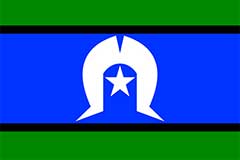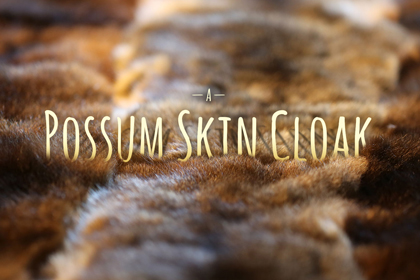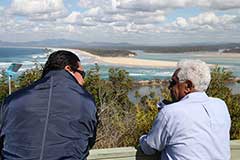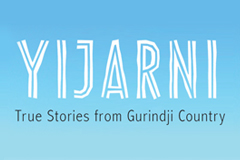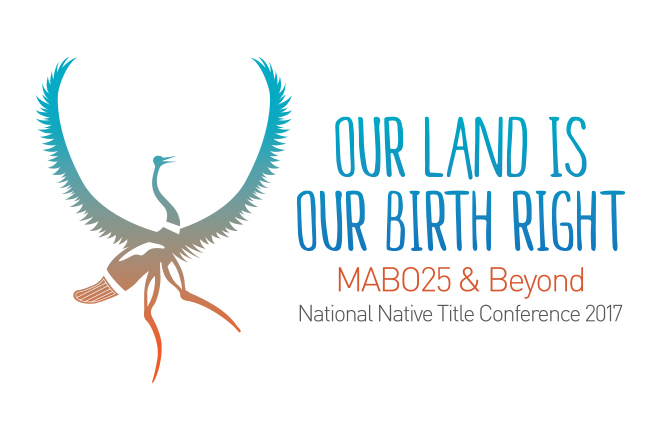
Australian War Memorial: P02140.005
That is not an easy question to answer of course, as we today are not in the same situation. At the time of WW1, Aboriginal and Torres Strait Islanders were not officially classified as citizens of Australia. Under the Protectors' Acts they could not enter a public bar, vote, marry non-Aboriginal partners or buy property. They would have been like every other adventurous young Australian male, wanting to go out and see the world, get paid really good money, see some action and "be home before Christmas".
But these boys stood out in the crowd, they were Aboriginal. They put up with racist slurs and attitudes almost daily in their civilian life - but to their mates in the trenches they were Mick, Ben and Harry. The misconceptions and negative stereotypes that surely many non-Aboriginal diggers had in their minds when they joined would have quickly disappeared when they were living, eating, laughing and dying with these young fellas.
But the most tragic aspect of their service was not in them 'going over the top' and running at machine guns and dying - it came after they returned to their country. When they came back home to Australia they were shunned, their sacrifices ignored and their families oppressed even further by their respective State and Federal governments with such cruel initiatives as the "Soldier Settlement Scheme", which appropriated land not available to them. Returned soldiers were not allowed to have a drink with their comrades at their local pub, there was no Government support for the wounded or mentally scarred Indigenous veterans, and their children were being removed...
The service that these warriors did for an ungrateful nation helped provide momentum to the growing Aboriginal Rights Movement in the 1930's. They provided hard evidence that they, as a people, were willing to serve Australia for the better, but at the time, white Australia was not willing to help them get on with life.
Even though their small number (estimated to be 500-600) seems like a drop in the bucket of the tens of thousands of other Australians who served in World War One, their significance to modern Aboriginal history is immense.
Today the bodies of those that fell in the battlefields of France and Belgium remain with their mates, thousands of miles away from their ancestral homes.
